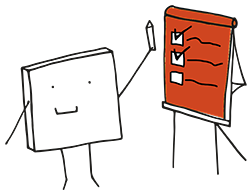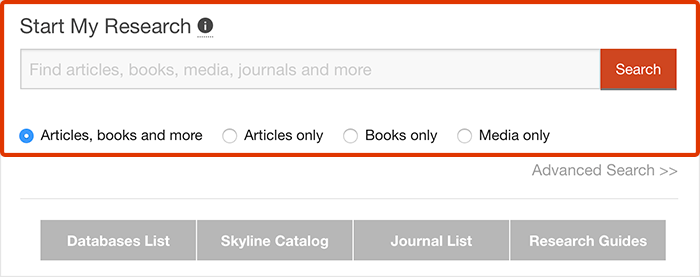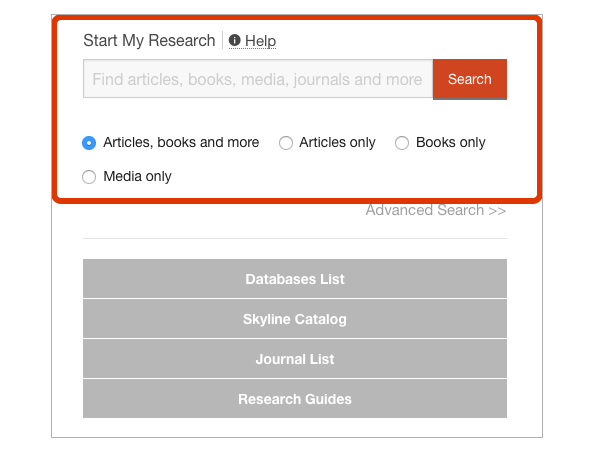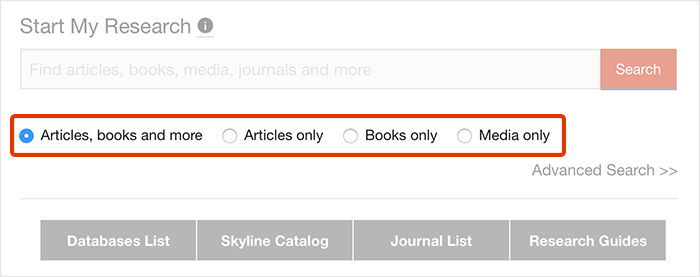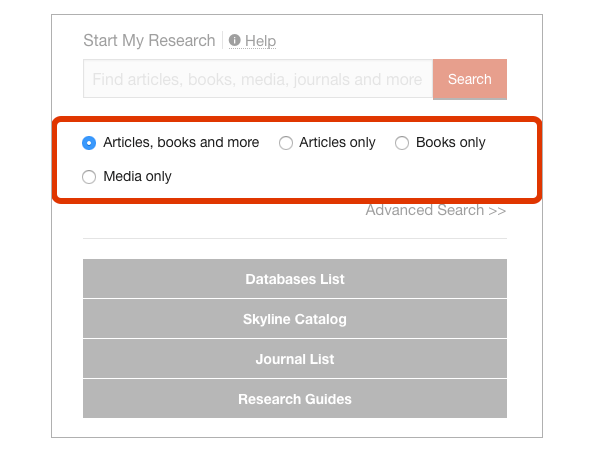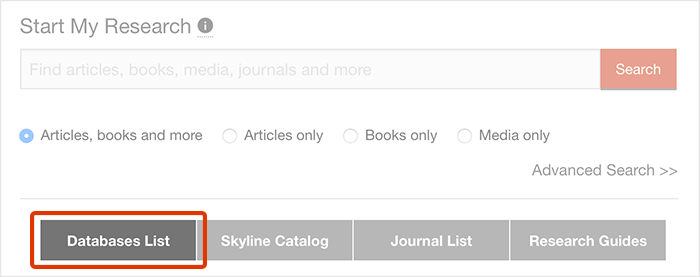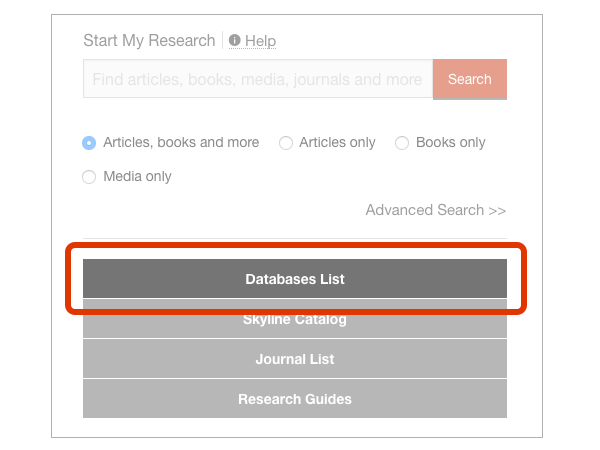Collection Development and Strategies Department
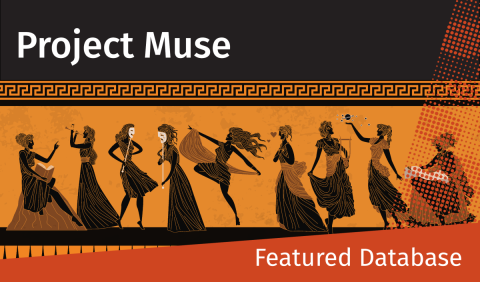
Featured Database: Project Muse
You can use databases to easily find organized collections of articles, journals, news, streaming videos, primary sources, data, and more!
- This month, we highlight one of our favorite databases committed to open access research: Project Muse.
What’s in it?
- Project Muse provides full-text access to scholarly journals and books in the arts, literature, history, ethnic studies, philosophy, religion, music, anthropology, education, film and media studies, political sciences, mathematics, gender studies, and related areas.
Why should you use it?
- Project Muse has over 6,000 eBooks and 700 journals in social sciences and humanities not found in other databases and primarily from non-profit, scholarly societies, and university presses.
Who should use it?
- Students, faculty, and staff interested in humanities, social sciences, anthropology and more.
Why use a database?
When you use a specific database, rather than a search engine or discovery tool, you often can find more relevant sources. For example, subject databases include sources about that subject only, rather than a general search engine or discovery tool that includes information about everything. This way you don’t have to wade through thousands of irrelevant results!


